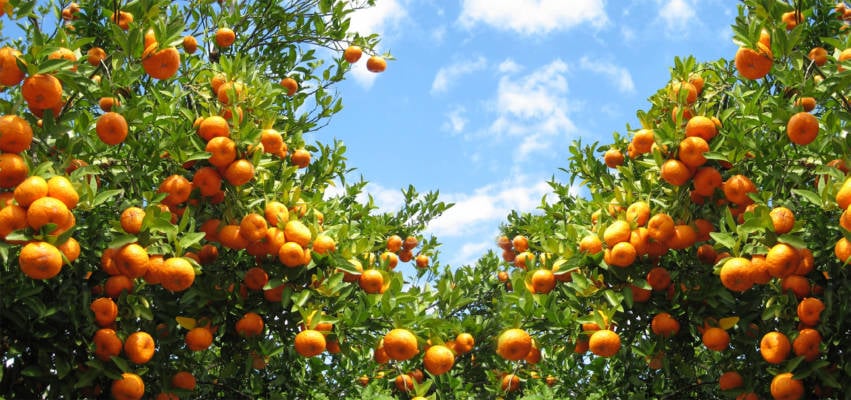Breakthrough discovery in Israel may lead to a way for women extend their fertility windows and maintain high egg quality into their 30s and 40s.
By ISRAEL21c
From the moment a girl reaches puberty, her eggs begin maturing and gradually losing quality. Genetic researchers at the Hebrew University of Jerusalem helped discover a biological switch that delays egg aging without losing egg quality – in worms.
They’re hopeful this breakthrough may lead to a way for women extend their fertility windows and maintain high egg quality into their 30s and 40s.
Hebrew University scientists Yonatan Tzur and Hanna Achache, along with Tzur’s lab team and an associate at Harvard Medical School, studied egg maturation in C. elegans (roundworms) and published their findings in the scientific journal Genetics.
They chose these tiny worms because they have been helpful in shedding light on human genetics. Roundworms contain the same number of genes as humans do and their eggs mature in about one day.
Tzur and his team monitored the changes in each of the worm’s 20,000 genes during egg formation and were able to pinpoint an exact gene (ogr-2) that controls the rhythm of egg maturation. Delving further, the team studied MAP Kinase (“MAPK”), the biochemical switch that turns egg development on and off.
When they removed the ogr-2 gene with CRISPR gene-editing technology, MAPK went into overdrive and the worms’ eggs aged very quickly.
“We tested the gene’s role by removing it from the worm’s gene sequence. Instantly, these ‘edited’ worms became less fertile and their eggs more closely resembled those of an older worm,” said Tzur.
Aging Eggs Cause Defects, Infertility
These findings are significant because aging egg cells are the main cause of birth defects, miscarriages and infertility. As human eggs age, abnormalities develop.
While in-vitro fertilization (IVF) allows doctors to select the best eggs, women above the age of 35 have less chance of producing a healthy baby with their own eggs. For women 42 and older, those chances are close to zero.
These statistics, along with the fact that the average age of first-time mothers in the Western world is increasing sharply, means finding the key to slowing down egg maturation is crucial and has spurred scientists like Tzur to discover the mechanisms that control ovarian development and oocyte aging.
Though still in its early stages, the discovery could have two possible applications for humans. One is to gently increase the equivalent of ogr-2 in girls via a food additive. This may allow girls to maintain the high quality of young eggs until they’re ready to use them.
Another potential tactic would be to suppress MAPK during IVF cycles. This would help older eggs complete their development and improve women’s chances of having a healthy baby as they get older.
The study was funded by the Israel Science Foundation and by a European Commission Individual Fellowship. The co-authors include Lévana Laurent, Yaël Hecker-Mimoun, Hasan Ishtayeh, Yisrael Rappaport and Eitan Kroizer from Hebrew University’s Institute of Life Sciences; and Monica P. Colaiácovo of Harvard Medical School.
REBUILD ISRAELI FARMS DESTROYED BY HAMAS - PLANT TREES!
ISRAELI FARMERS DESPERATELY NEED YOUR YOUR HELP
Hamas tried to destroy everything. Terrorists murdered 1200 innocent Israelis. Join us in planting 12,000 trees of life to honor the victims. Send blessing to the People and Land of Israel.
“…I will ordain My blessing for you…” (Leviticus 25:4,21)
JOIN OUR CAMPAIGN TO PLANT 12,000 NEW FRUIT TREES ACROSS THE LAND OF ISRAEL!




